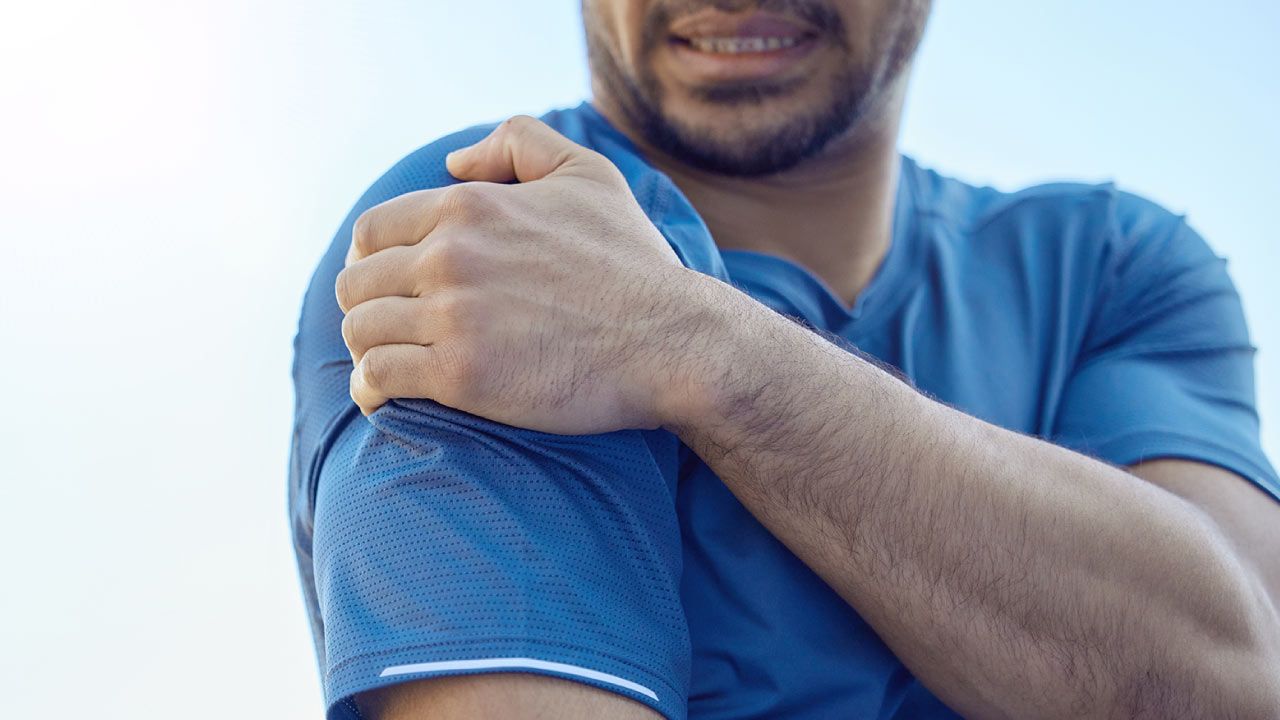“Focus on fixing back to their position”
Imagine if your shoulder just popped out of its socket. Shoulder dislocation is incredibly painful and is akin to multiple stabs and requires medical attention. If you’ve dislocated your shoulder, don’t try to pop it back into place yourself. You could make the injury worse and might need surgery thereafter.
Let’s delve deeper into shoulder dislocations, from causes and symptoms to treatment options and recovery.
Several things could cause a shoulder dislocation, but some of the most common ones include:
- A fall that puts weight on your shoulder
- A direct hit to the shoulder
- A sudden and forceful pull on the arm
- Improper heavy lifting can also put you at risk
- Certain medical conditions that weaken your bones can make you prone to shoulder dislocation.
You can easily spot a shoulder dislocation as the symptoms are:
- Severe pain
- Inability to move the arm
- A popping or grinding sound
Don’t hesitate to seek medical attention if you experience any of these symptoms. The sooner you get help, the better the chances of a full recovery.
Your doctor will first conduct an X-ray to determine the injury’s extent and rule out any other damage to the shoulder joint.
Once the diagnosis is confirmed, the treatment followed is:
- NSAIDs and analgesics are generally prescribed to ease the pain.
- Surgery is required in some rare cases which is known as reduction indicating the process of placing the dislocated bone back in its position.
- Physical therapy is also recommended which would support your process of recovery by restoring muscle strength and function.
So you’ve dislocated your shoulder. Now what?
Surgery may be the best option if you’re dealing with a recurrent shoulder dislocation. Arthroscopic surgery is minimally invasive, meaning there’s less risk of infection and the recovery time is shorter. Your surgeon will make a small incision in your shoulder and then use a tiny camera to guide them as they fix the problem. Surgery is generally successful, and most people can return to their regular activities within a few months.
- After surgery, pain medication is prescribed that helps to relieve both pain and inflammation post-surgery.
- Sling is advised after shoulder dislocation to help the muscles and ligaments around the injury to heal faster.
- You must keep the shoulder elevated as much as possible and avoid any activities that stress the shoulder.
- Avoid reaching up high or overhead, lifting heavy objects, and twisting the arm.
- Avoid sleeping on the injured side.
Physical therapy is also a key part of the healing process, and you’ll likely need several sessions before your shoulder is back to normal. But with careful rehabilitation, most people fully recover from a shoulder dislocation. Once the injury heals and the shoulder has regained movement continue to exercise as it strengthens and stabilizes your shoulder joint and may further prevent dislocation.
Get treated at the earliest for a pain-free life!!!








